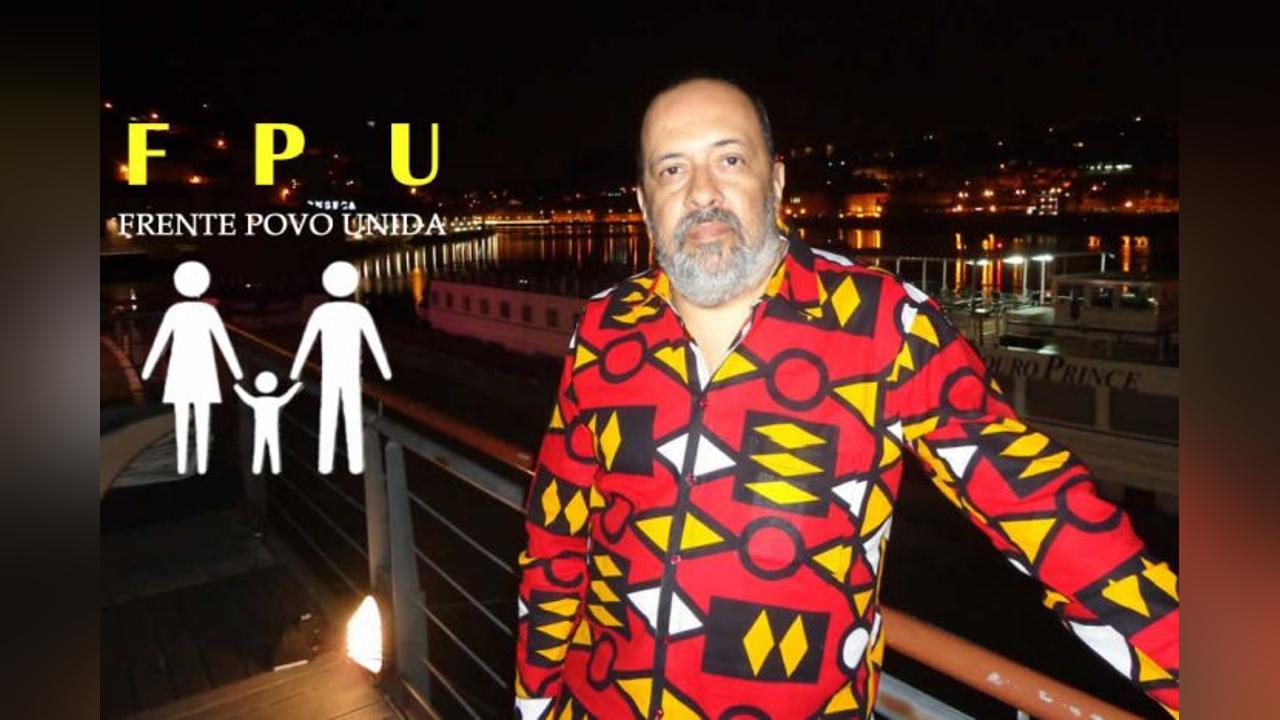Africa-Press – Angola. The United People’s Front (FPU), a new political force legally consolidating its position in Angola, is causing discomfort within UNITA because it shares its acronym with the United Patriotic Front. Its founder, Carlos Lopes, formerly of UNITA, rejects accusations of usurpation.
The United People’s Front (FPU) is the new political force on the verge of legalization in Angola. Its acronym is already causing discomfort among activists and supporters of UNITA, the largest opposition party, as it is confused with that of the United Patriotic Front, an electoral platform created in 2021.
The project’s mentor, Carlos Lopes, a former UNITA activist, told DW that he is not usurping another brand, as the United Patriotic Front never obtained legal status with the Constitutional Court.
At 64, Carlos Lopes has a long political career: he served 37 years in UNITA, participated in the founding of CASA-CE with Abel Chivukuvuku, and briefly served in the Democratic Bloc. Now, he returns to the political scene with the support of young people, supporting the Frente Povo Unido (United People’s Front), whose legalization process, according to him, is “well underway.”
For Lopes, the new organization will be the “true means” by which Angola will be able to witness political change in 2027: “People and Union, the only way to achieve political change,” he argued, adding that he is pleasantly surprised by the growing support of Angolans for the project.
The choice of acronym generated criticism because it coincides with that used by the coalition that united UNITA, Bloco Democrático, and PRA-JA Servir Angola in the 2022 elections. Some see this as a deliberate attempt to confuse the electorate.
General Abílio Kamalata Numa, national secretary of former UNITA combatants, believes there are “obvious intentions to usurp the FPU brand”: “We have an autocratic regime that does not accept democratic change. Maneuvers are being devised to disrupt solid alliances like the United Patriotic Front, now infiltrated by obvious interests.”
The Political Parties Law, in article 19, establishes that the name, acronym and symbols of a party must be clearly distinguished from those already existing.
Carlos Lopes rejects accusations of usurpation and guarantees that his FPU will compete legally, unlike the United Patriotic Front, which has never been formally recognized.
“In 2027, the United People’s Front (FPU) will go to the elections. It has nothing to do with the other one. Whoever created the United Patriotic Front never wanted to legalize it,” he commented.
But legal expert Jaime Domingos disagrees. For him, even without formal legalization, the FPU acronym and brand belong to the parties that created it: “The fact that it’s an ad hoc coalition doesn’t take away the acronym’s right to priority. It’s a dirty trick to reduce the United Patriotic Front’s impact in the upcoming elections.”
Jaime Domingos adds that, given the Constitutional Court’s alleged lack of independence, UNITA and its allies may face difficulties in legalizing the FPU as a coalition. According to him, if Carlos Lopes’s party is accepted, it could be penalized by voters.
Despite the controversy, Carlos Lopes says he is open to coalitions and emphasizes that his organization is already benefiting from popular discontent: “People realize that finally there is a United People’s Front that is presenting itself for change, hand in hand, peacefully and with a Christian message of good.”
For More News And Analysis About Angola Follow Africa-Press






